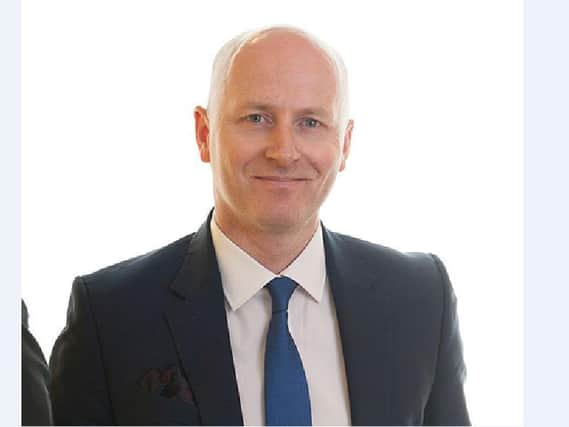Route optimisation: The missing piece of the driver shortage solution


TAP CEO Colin Ferguson says: “The fleet sectors have tried to recruit their way out of the driver shortage for many years, but this is not a complete solution.
“However, while they wait for government to decide whether to intervene, there is something fleets can do now, today, which will significantly reduce their driver deficit.”
Advertisement
Hide AdAdvertisement
Hide AdTrade and industry bodies across all fleet sectors have been urging government to address the driver shortage for several years, but say it is now critical due to:
- The loss of EU drivers due to Brexit and Covid19
- The lack of test provision during 2020
- The introduction of IR35 self-employment rules which deterred agency drivers
- A bottleneck in HGV driver medicals
These factors have coincided to create a perfect storm for many service and freight sectors who are also experiencing extremely high demand as the economy rebounds from lockdown.
An acute shortage of HGV drivers is suctioning drivers from the van and Class 2 rigid workforce, as the vocational Class 1 drivers can command higher levels of pay.
Big brands such as Tesco and Haribo have recently told the national press this is affecting their businesses; and several councils have also appealed for drivers to fulfil vital civic functions.
“Optimising the fleet assets industry already has must be the first step to solving the driver crisis,” says Ferguson. Fleet optimisation is a win-win for industry, he says, bringing greater productivity, lower costs and a reduction in emissions.
TAP has demonstrated with many of its fleet customers that optimisation typically results in better asset utilisation of up to 30 per cent. This was validated when the company won an Innovation in Cost Reduction award for its technology at the Great British Fleet Awards recently.
“Fleets can implement the huge and proven savings from optimisation by taking on more work, or they can reduce their fleet needs by making each vehicle and journey more productive. Either way they are more profitable and more efficient.”
Advertisement
Hide AdAdvertisement
Hide AdFleet optimisation also meets wider social and political concerns as by reducing the number of vehicles required for service visits or deliveries, it helps to reduce congestion, and improve air quality.
TAP’s award-winning platform is one of the most advanced fleet optimisation solutions available, capable of optimising fleet application, identify the most suitable applications and fastest ROI for electric vehicles, and prioritise operator requirements. The software is available as Pay As You Go, software as service, or can be integrated into other commercial fleet offerings.
"Our PAYG model starts at as little as 99p per vehicle day and reduces to 49p for a longer-term contract. This allows fleets to undertake completely risk-free trials,” Ferguson says. “They could run an entire fleet pilot for less money than the cost of recruiting a single driver.”
A message from the Editor:
Thank you for reading this article. We’re more reliant on your support than ever as the shift in consumer habits brought about by coronavirus impacts our advertisers.
If you haven’t already, please consider supporting our trusted, fact-checked journalism by taking out a digital subscription.
Comments
Want to join the conversation? Please or to comment on this article.